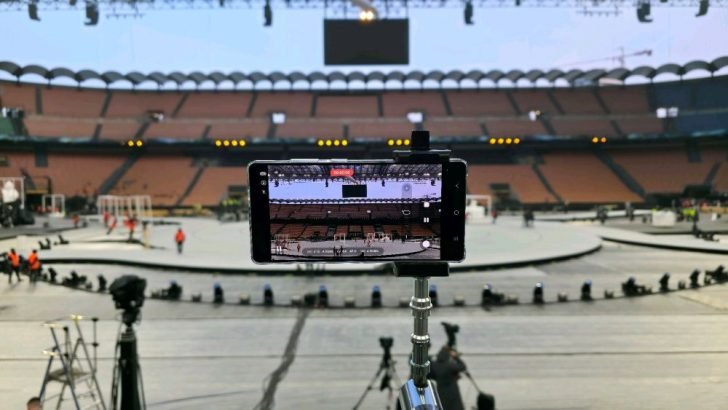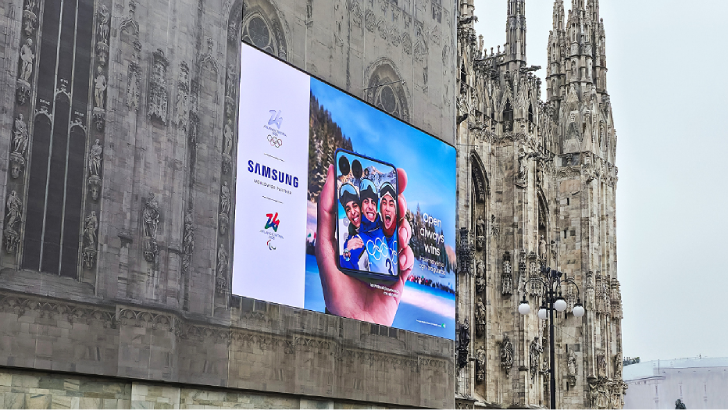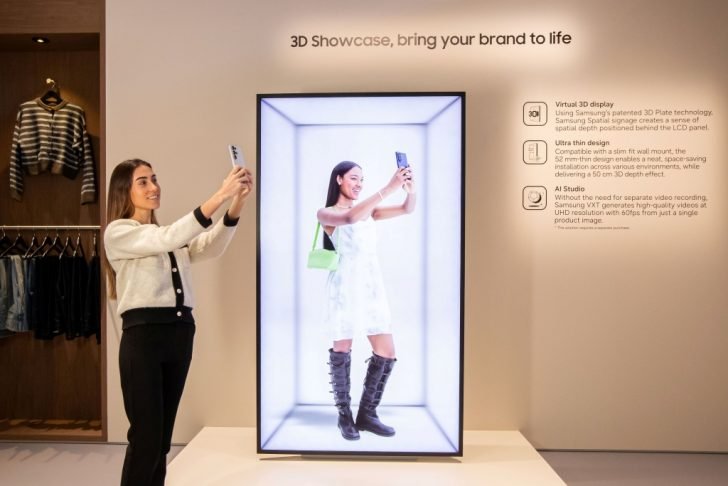KUALA LUMPUR, 22 September 2025 – Huawei Technologies (Malaysia) Sdn Bhd (Huawei Malaysia) highlighted its digital twin technologies, artificial intelligence (AI) and data governance as decisive factors in the future of urban development at the Smart City Expo Kuala Lumpur 2025 (SCEKL25).
Minister of Digital Gobind Singh Deo officiated the three-day exhibition which brought together policymakers, technologists and industry leaders to explore how digital innovation can tackle the challenges of rapid urbanisation.
Chief Executive Officer of Huawei Malaysia, Simon Sun, reinforced the company’s long-term commitment to supporting Malaysia’s digital transformation. “Together with our ecosystem partners, we aim to deliver comprehensive advanced smart city technologies that will strengthen national resilience and improve efficiencies. These solutions will support Malaysia in areas including national-level traffic management, emergency dispatch systems and flood response. Working together with our partners, we want to optimise services and enable cities to sense, think and evolve,” he said.
At the “Smart Cities 101: The Essential Fundamentals of Urban Transformation” forum session, Huawei Enterprise Sales Malaysia’s Vertical Solution Expert (Government Sector) Nicholas Yong highlighted cognitive cities as the next stage of digital urban development.
He elaborated that evolving smart cities into cognitive cities requires an ecosystem of partners as well as technologies, including digital twins. Yong explained that digital twins are virtual representations of real-world scenarios and with today’s technology, it is now possible to create a digital model of an entire city by leveraging the right infrastructure, such as smart poles equipped with sensors providing a wide range of data. Powered by real-time data, analytics and AI, urban digital twins enable city planners to manage cities more efficiently, predict outcomes and implement data-driven strategies to enhance services, resource management and infrastructure provisioning.
“We are at the dawn of cognitive cities, where AI empowers urban life to be more sustainable, personalised and inclusive,” he said.
Huawei Enterprise Business Group’s Global Government Industry Scientist Nadim Abdulrahim stressed that data governance forms the critical foundation for developing successful smart cities. “The success of a Smart City requires the adoption of data governance, AI and a cost-effective city-wide network infrastructure for data collection,” he said in his keynote titled “AI Cities: The Next Frontier?”.
With AI adoption projected to reach 50 per cent of the global population by 2025 – about 150 million daily active users – and the market forecast to expand to USD 10–15 trillion by 2030, Abdulrahim noted that leadership, regulatory frameworks, operating models and data sovereignty will be decisive in ensuring the trust, resilience and lawful use of data.
He added that without robust connectivity, secure cloud foundations, and unified city-wide data networks, smart city initiatives risk becoming fragmented and vulnerable. Securing ownership of critical assets, from data centres and cloud platforms to national fibre networks, will be crucial in determining whether governments can secure digital resilience and economic competitiveness.
Huawei’s Pavilion showcase at SCEKL25 translated these ideas into practical demonstrations through a plethora of specific use cases, including Safe City solutions, Intelligent Traffic Management, Public Governance, Flood Management, Green Energy, Parking Management, AI + Public Service, Smart Healthcare and Smart Education. These solutions generate the critical data required to complete the final piece of the smart city puzzle: The Intelligent Operation Command Centre. This platform is equally vital at a federal level, forming the foundation for a national command centre.
The SCEKL25, held from 17 to 19 September, marks Southeast Asia’s first edition of the globally recognised Smart City Expo World Congress Barcelona and was co-organised by MDEC and Digital Nasional Berhad for the Ministry of Digital.


![[Invitation] Galaxy Unpacked February 2026: The Next AI Phone Makes Your Life Easier](https://stuffmotion.com/wp-content/uploads/2026/02/Unpacked-Invitation-Main-KV-e1770762621867-218x150.jpg)















![[Interview] Notes on Seundja Rhee: Translating Nature’s Rhythms Into a Language of Light and Form](https://stuffmotion.com/wp-content/uploads/2026/01/Samsung-TVs-and-Displays-Samsung-Art-Store-Seundja-Rhee-Interview_Thumb728-218x150.jpg)

![[Interview] Erwan Bouroullec Blends Sound and Space With Music Studio](https://stuffmotion.com/wp-content/uploads/2026/01/Samsung-TVs-and-Displays-Bouroullec-Interview_Thumb728-218x150.jpg)













![[Invitation] Galaxy Unpacked February 2026: The Next AI Phone Makes Your Life Easier](https://stuffmotion.com/wp-content/uploads/2026/02/Unpacked-Invitation-Main-KV-e1770762621867.jpg)



![Note-to-Editor: Purchase Samsung Appliances and Receive Rebate up to RM400 with SAVE 3.0 Initiative Purchase Samsung Appliances [...] SAVE 3.0 Initiative_visual](https://stuffmotion.com/wp-content/uploads/2022/02/Purchase-Samsung-Appliances-...-SAVE-3.0-Initiative_visual.jpg)
